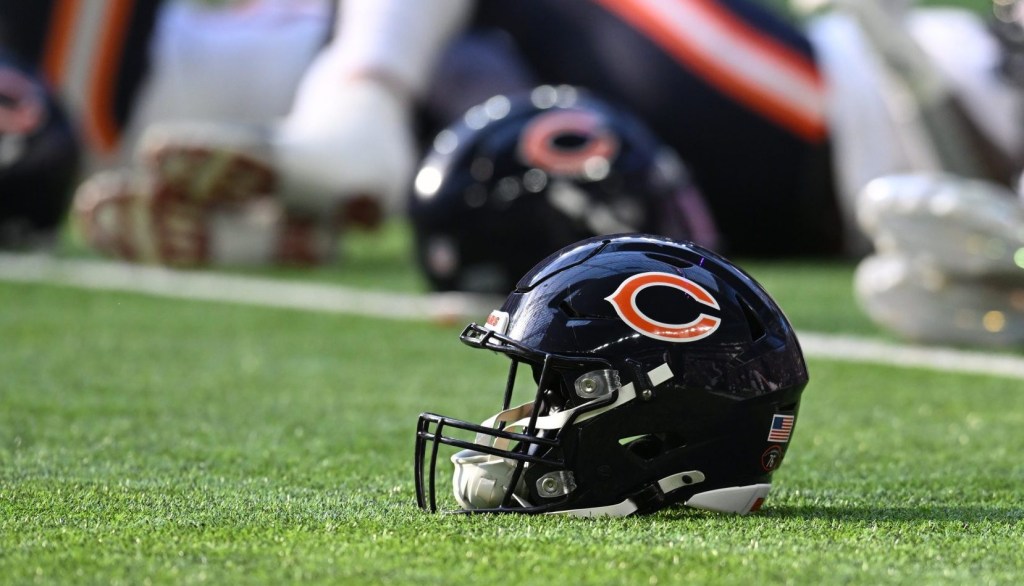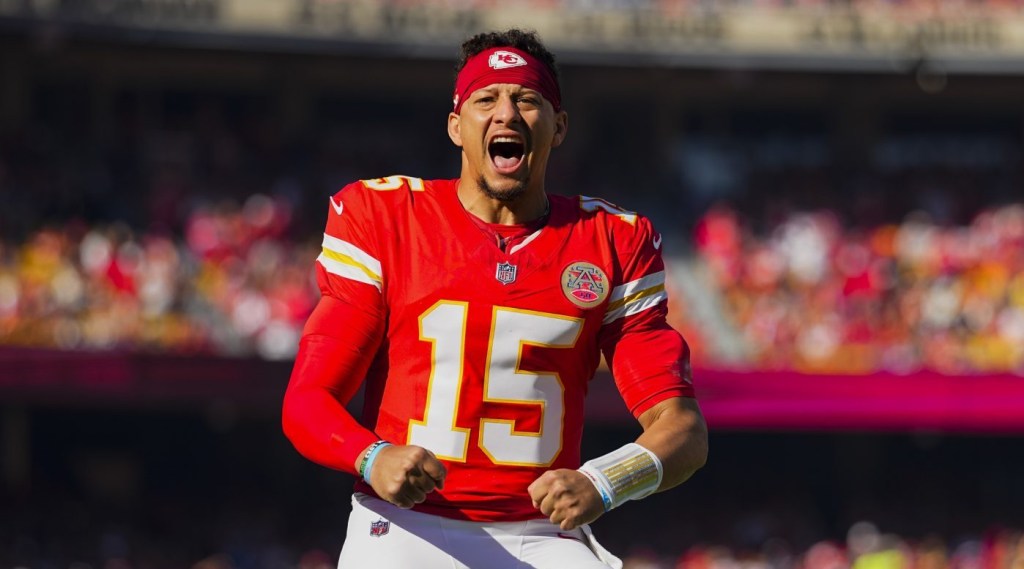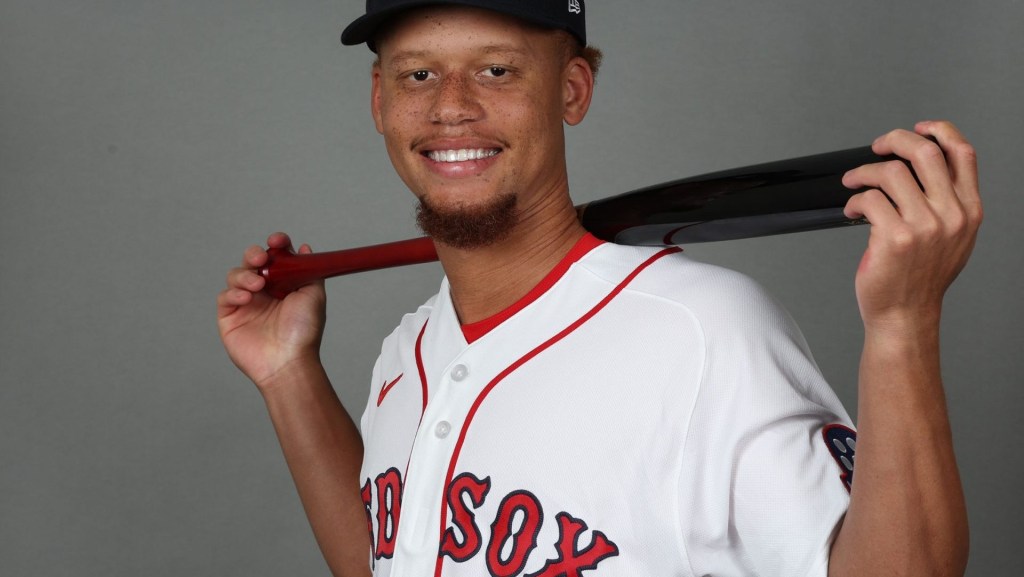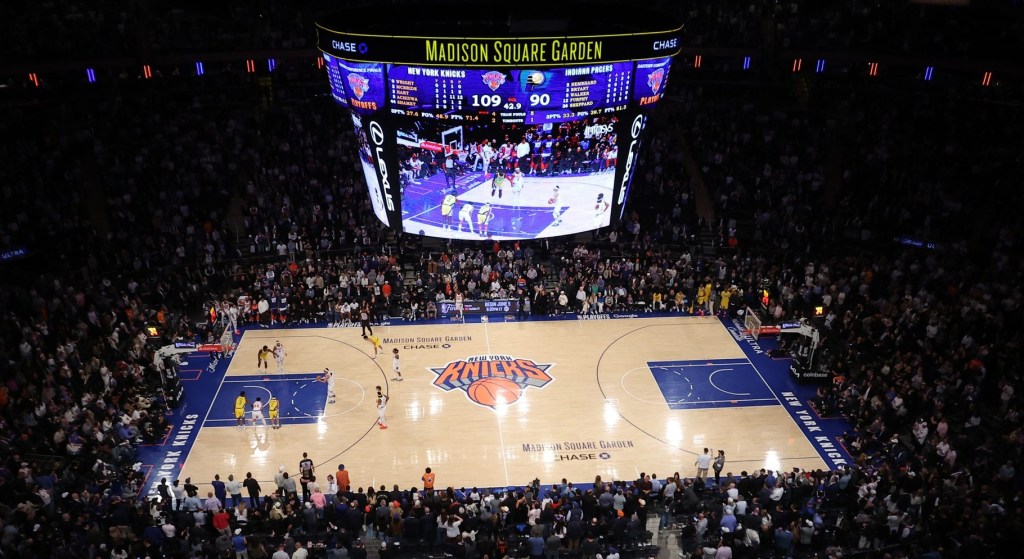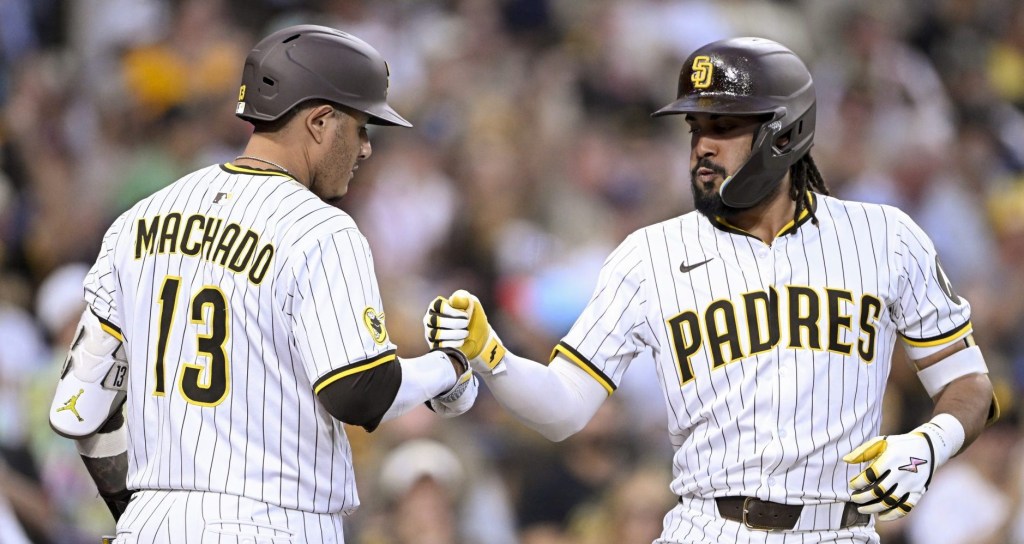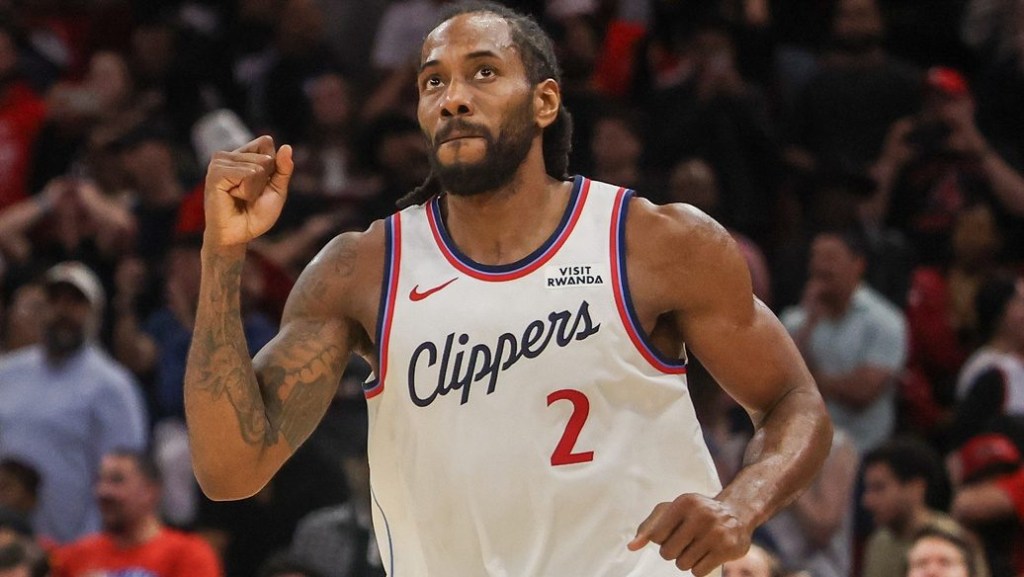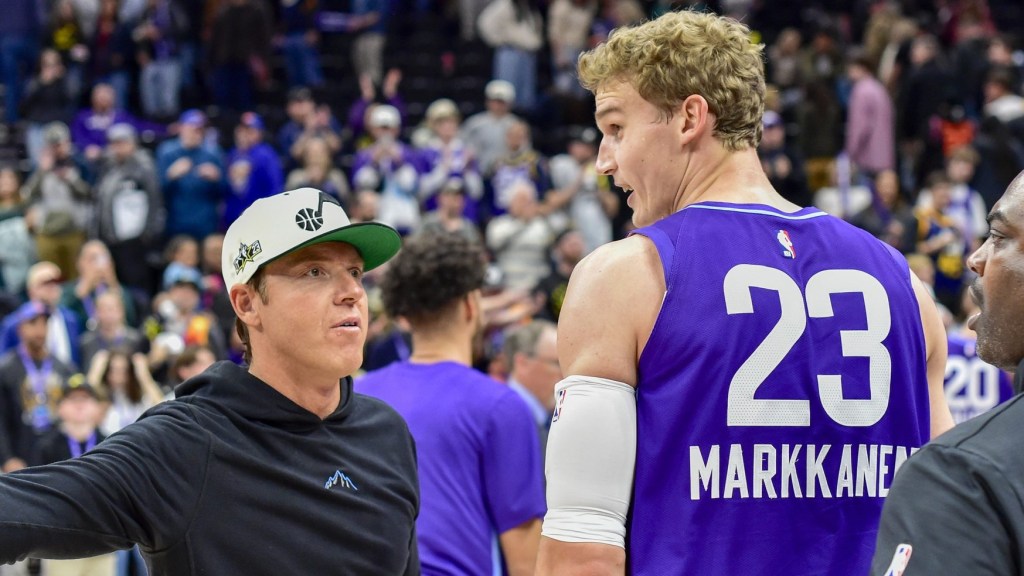Before the arrival on the Las Vegas Strip of a Super Bowl that is certain to bring hundreds of media members and tens of thousands of fans to a place they once were not welcome, it was an NHL team, the Vegas Golden Knights, that served as the canary in the pro sports coal mine.
Between June 2016, when Texas billionaire Bill Foley was awarded the franchise that netted a then record $500 million NHL expansion fee, and the puck dropping at T-Mobile Arena 15 months later, Knights president and CEO Kerry Bubolz fielded some interesting queries from sports executives around North America.
“The calls I got were like, ‘Where on this Strip are you guys gonna live?’” Bubolz tells Front Office Sports. “Like, they really thought I was going to live on the [Las Vegas] Strip. The rest of the questions went into the narrative about how we are going to attract visiting fans since they thought they were going to have to focus on them. Yes, it’s a smaller market, the 40th-largest in terms of the television market size. But Las Vegas was the largest market without a major professional sports team.
“After those initial questions, the next was the gaming element.”
While the Golden Knights played in the Western Conference Final at the end of that 2017–18 season, the Supreme Court overturned the Professional and Amateur Sports Protection Act. That ruling, on May 14, 2018, immediately stripped the taboo away from sports gambling. Hours later, the Knights reeled off the first of four consecutive wins to earn a berth in the Stanley Cup Final—another feat in their wildly successful inaugural season. By the time the Knights fell in six games to the Washington Capitals, the franchise had already proven that pro team sports indeed can work in Las Vegas.
“Mr. Foley was really a pioneer,” says Todd Pollock, the Knights’ chief ticketing officer and, internally, “Employee No. 1” within the organization. “Now it’s easy to have conversations [about] Major League Baseball and the NFL moving here. There are rumors about other teams now. … I take pride in the fact that this became a hockey town. Bill went to bat for hockey. He put his money where his mouth was. He laid the foundation.”
The Golden Knights’ arrival in the fall of 2017 was followed by the WNBA’s Aces relocating from San Antonio before the ’18 season, plus Raiders owner Mark Davis’s purchasing the Aces in ’21 and securing approval in March ’17 from NFL owners to relocate the Raiders from Oakland.
The Golden Knights almost instantly became part of the fabric of Las Vegas. Yes, that early on-ice success didn’t hurt. But they were a franchise that started in the city, which the team leaned into with its “Vegas Born” mantra. The Knights well surpassed the initial goal of 10,000 season tickets more than a year before the franchise played its first regular-season game, and the local buzz continued to reach levels unseen since Jerry Tarkanian led UNLV to four Final Four appearances, from 1977 to ’91, which included the Runnin’ Rebels’ first NCAA Division I men’s basketball title, in ’90.
“The community was starved for this sort of thing,” says Steve Sisolak, the governor of Nevada from 2019 to ’23 and a longtime Clark County commissioner who was instrumental in changing the region’s sports fortunes.
Sisolak, however, points out that Vegas area sports fans have high expectations, even if the region was devoid of a major sports franchise until just about five years ago. He tells FOS that he relayed as much to Oakland A’s owner John Fisher and team president Dave Kaval, whose franchise plans to begin play at a new stadium near the Strip as soon as 2028.
“I told those guys early on, ‘Vegas wants you to win,’” Sisolak says. “You saw what happened with the Rebels. I mean, when they started losing, people stopped going to games. They clearly expect winners. They’ve been patient with Mark Davis because I think everybody knows that building a football team is a little bit tougher.”
The Golden Knights’ ownership and staff laid the groundwork for success via community outreach before privately financed T-Mobile Arena was completed. And their inaugural season hadn’t even begun when tragedy made that bond even tighter: On Oct. 1, 2017, nine days before the Knights’ debut, 58 people died and more than 700 were injured in the Route 91 Harvest Festival mass shooting.
“In the aftermath, we were committed to do whatever we could to help the community persevere and heal,” says Golden Knights CMO Eric Tosi. “Our players were incredible in the days afterward in terms of volunteering their time. Speaking with the players at that time, there wasn’t a whole lot that we felt that we could do. But what we found was even our presence there and taking the time and genuinely showing that support and compassion really, really went a long way.”
Foley—whose efforts to bring hockey to Las Vegas were also boosted by Joe and Gavin Maloof, brothers who created the Palms Casino Resort and used to own the Sacramento Kings—made a promise to fans in the early days of the franchise: “Playoffs in three [years], Cup in six.”
In a city where bold bets are placed hourly, Foley’s admittedly “silly statement” proved prophetic. After that historic 2017–18 run, the Knights missed the playoffs just once since (’21–22), and last June they made it back to the Stanley Cup Final, where they dispatched the Florida Panthers in five games.
“It just happened faster, and I give all the credit in the world to the players,” Bubolz says. “They had a chip on their shoulder. [Visiting] NHL players weren’t coming in and partying their asses off and then trying to play a game. Our team was just really good.”
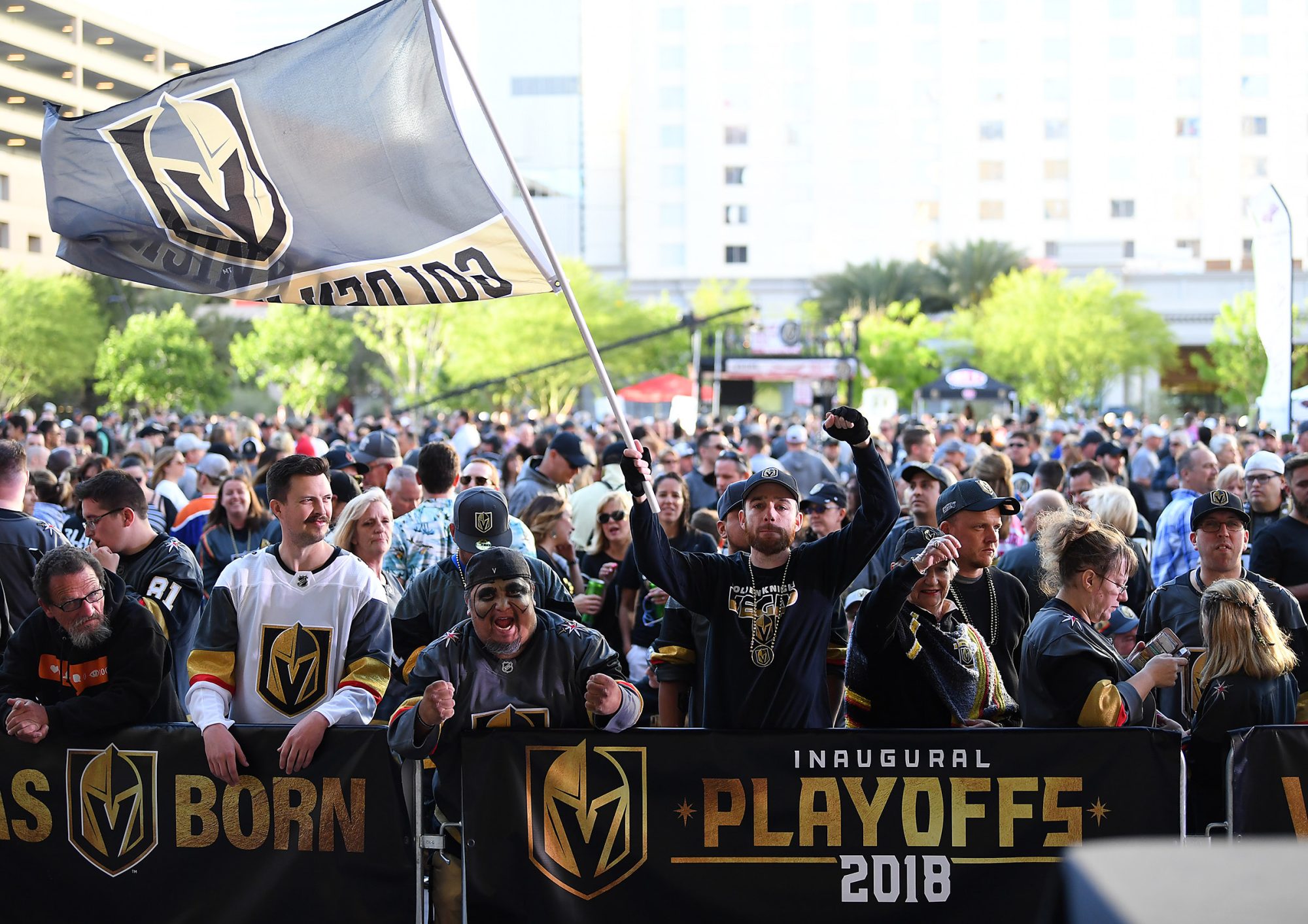
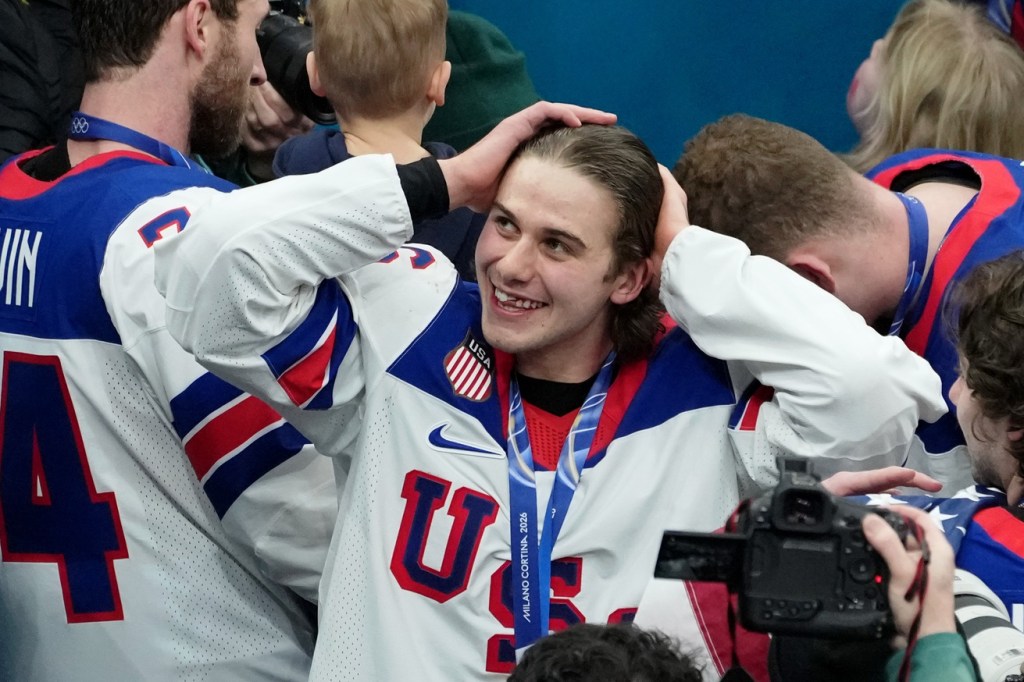
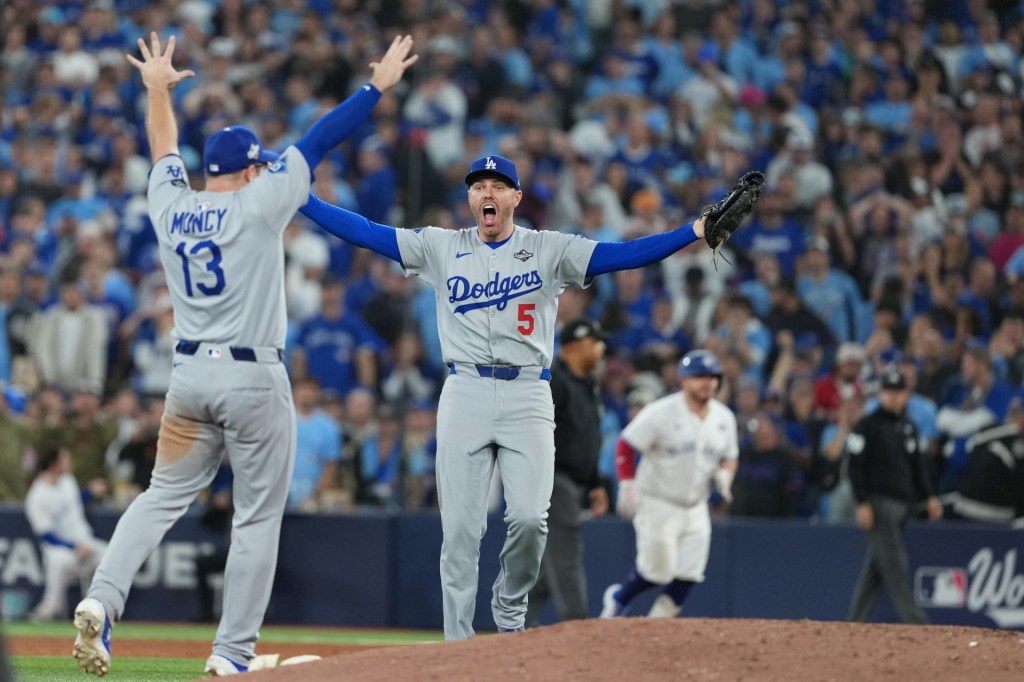
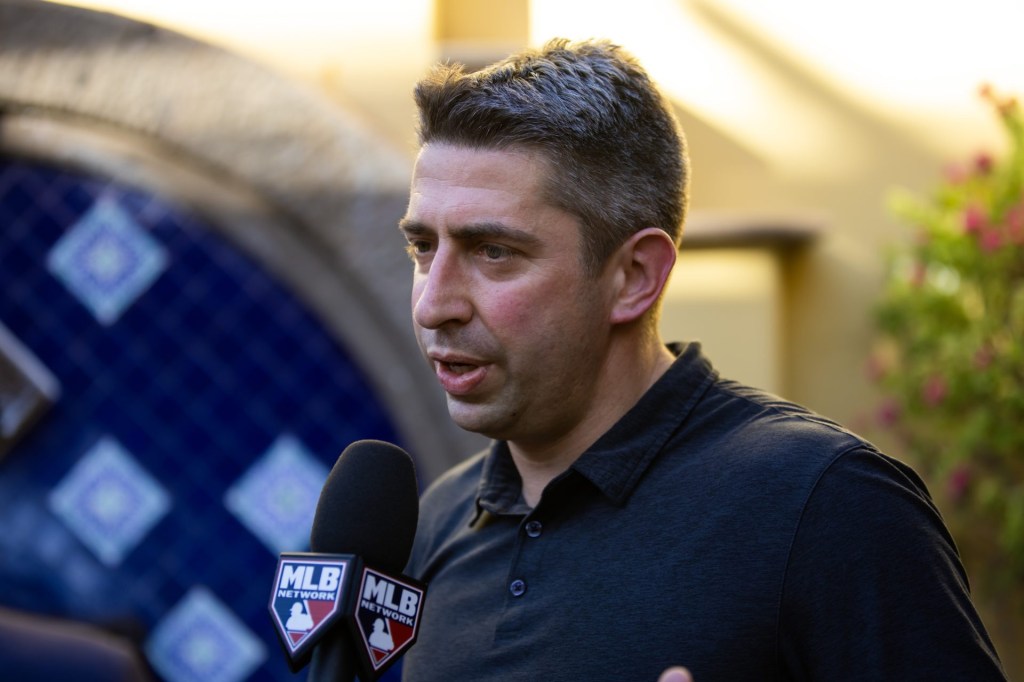
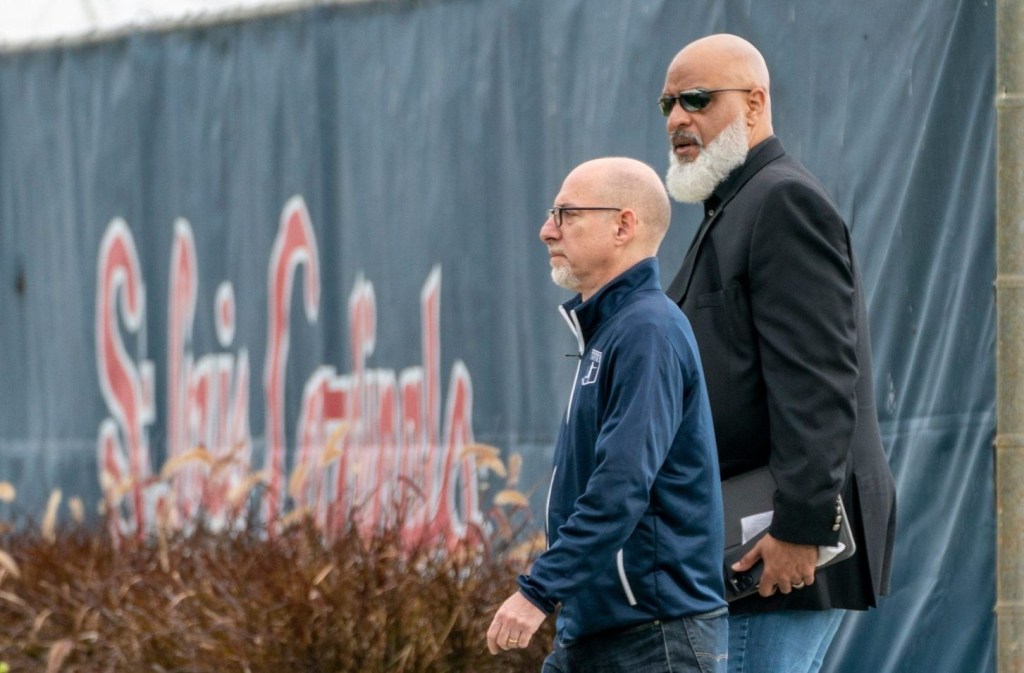
![[Subscription Customers Only] Jul 13, 2025; East Rutherford, New Jersey, USA; Chelsea FC midfielder Cole Palmer (10) celebrates winning the final of the 2025 FIFA Club World Cup at MetLife Stadium](https://frontofficesports.com/wp-content/uploads/2026/02/USATSI_26636703-scaled-e1770932227605.jpg?quality=100&w=1024)



